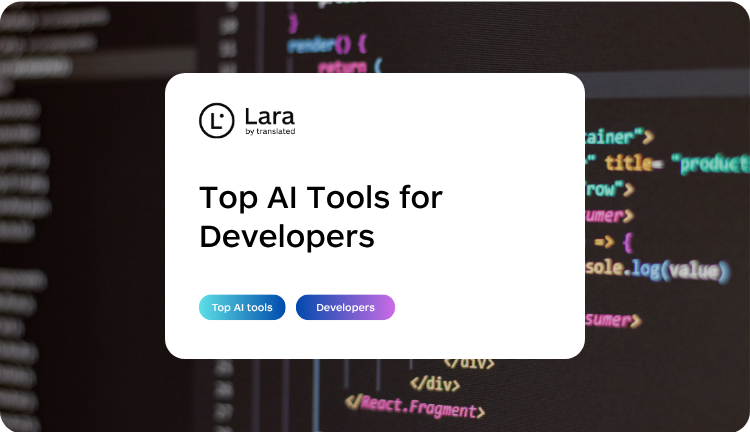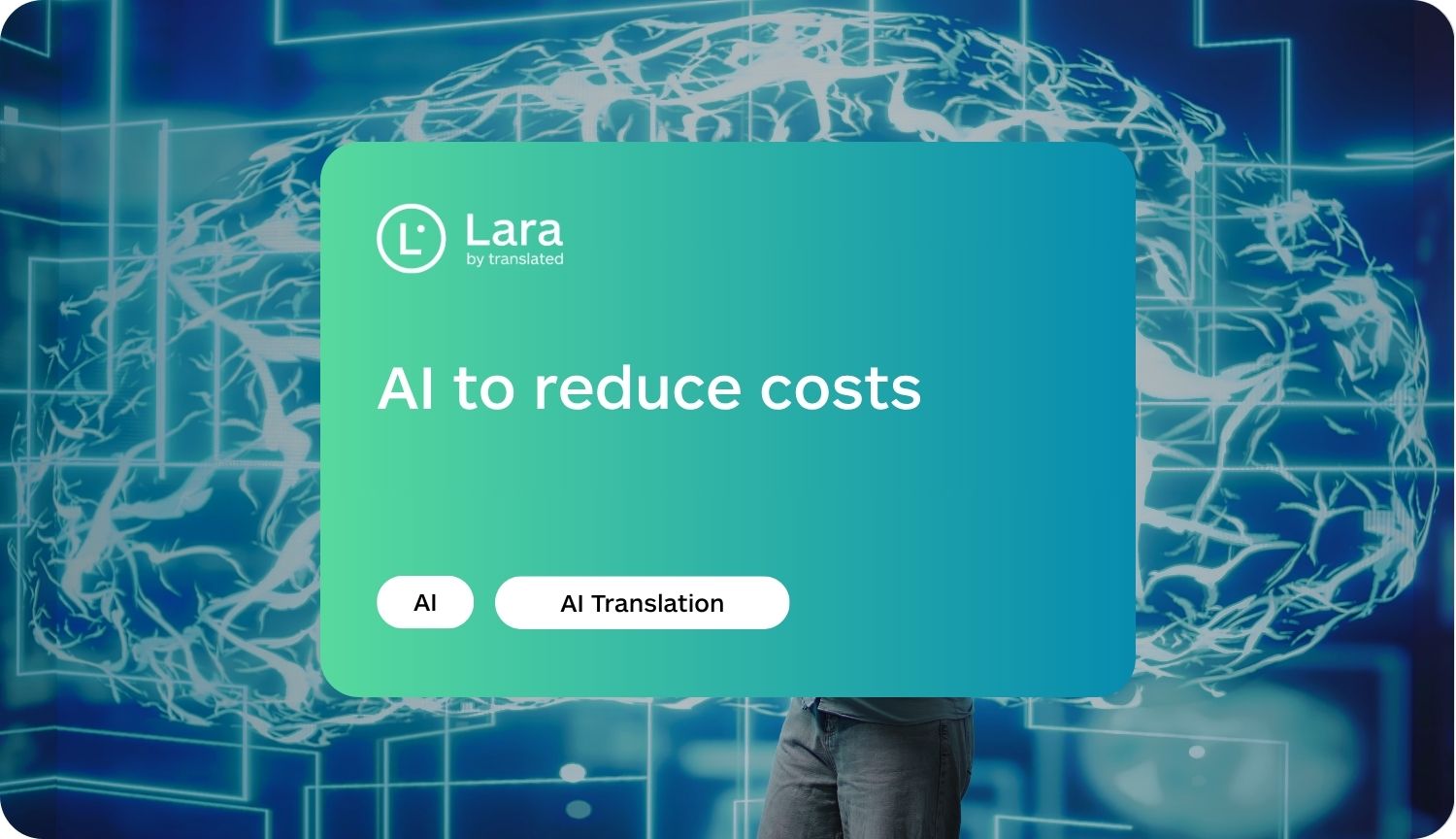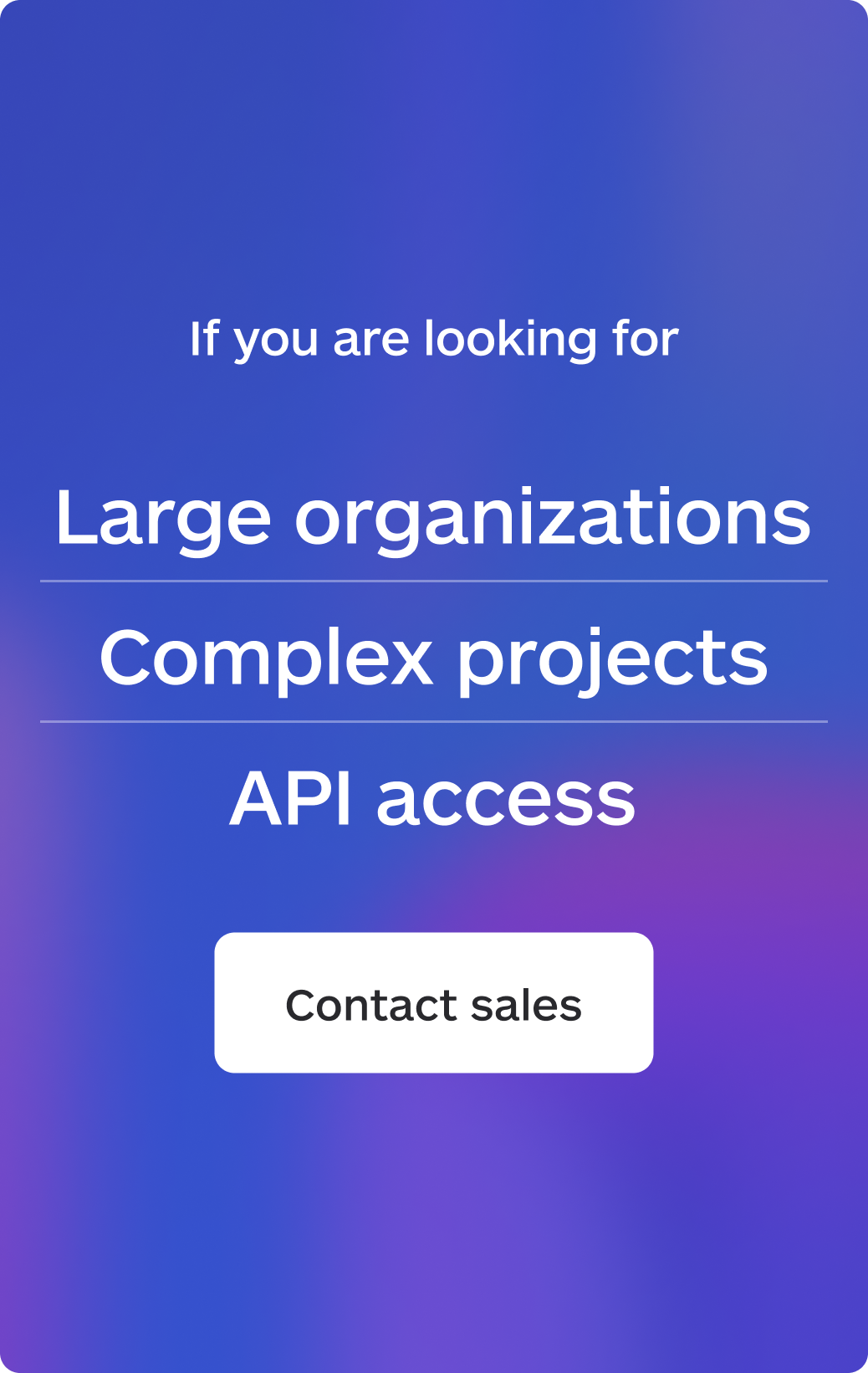Research teams are under growing pressure to publish faster, collaborate globally, and process large volumes of information with accuracy and speed. Whether you’re drafting a paper, translating a study, or conducting a literature review — precision is key.
That’s where Best AI for Research Teams come in. From translation to summarization, reference management to citation search, these tools streamline academic workflows and accelerate scientific discovery. Below are 6+ of the most valuable AI tools helping research teams save time and boost productivity.
Which are the Best AI for Research Teams?
1. Lara Translate – Academic-Grade Translations Built for Precision
Best for: Translating papers, abstracts, and global research
Lara Translate is trusted by research teams that work across languages and disciplines. Powered by 25 million professionally translated documents — including academic and technical texts — Lara ensures that your work is translated clearly and accurately.
Its faithful style is ideal for scientific content, while fluid and creative styles support public-facing work like grant summaries or presentations. With support for 53 file types, glossary integration, and contextual accuracy, Lara helps streamline multilingual collaboration.
Why researchers use Lara:
- Translates technical documents, papers, and reports
- Retains citations, formatting, and tone
- Supports collaboration across institutions and languages
- Offers GDPR compliance and incognito privacy mode
- Speeds up publishing without sacrificing quality
Lara Translate empowers research teams to scale their output and expand their reach internationally.
2. Scite
Best for: Evaluating citations with context
Scite helps researchers assess the quality of sources by showing how each paper is cited — as supporting, contrasting, or mentioning. This goes beyond citation counts and helps teams evaluate relevance and impact faster.
It’s a smarter way to discover credible studies for literature reviews and academic writing.
3. Scholarcy
Best for: Summarizing complex research articles
Scholarcy uses AI to break down dense academic papers into digestible summaries. It highlights key points, extracts figures, and builds quick-reference flashcards — making reading and reviewing faster.
It’s perfect for researchers juggling multiple sources or trying to quickly understand unfamiliar topics.
4. Consensus
Best for: Research-backed answers
Consensus is an AI search engine trained to pull insights from peer-reviewed research. You ask a question, and it returns a summary backed by published studies — ideal for researchers needing fast, reliable evidence.
It works especially well in fields like medicine, social science, and education.
5. Zotero AI
Best for: Reference management with automation
Zotero helps research teams collect, organize, and cite sources — and its new AI integrations now assist in summarizing content and tagging documents. It reduces manual work and keeps citations clean and organized.
Perfect for thesis writers, systematic reviews, or any multi-source research workflow.
6. Elicit
Best for: Exploring literature and generating insights
Elicit helps researchers find relevant papers, extract methods, and compare study results. Ask natural-language questions and get structured answers, pulled directly from published literature.
It’s a powerful tool for hypothesis generation and early-stage exploration.
7. ChatGPT for Research
Best for: Drafting, rewriting, and exploring ideas
ChatGPT supports researchers with everything from rephrasing dense sections to drafting outlines, brainstorming titles, or simplifying complex explanations for broader audiences.
Used correctly, it speeds up day-to-day writing and supports knowledge sharing.
Conclusion: Lara Translate for Global Research Teams
Today’s research teams operate across borders, languages, and institutions. The right AI tools for research teams help streamline everything from writing and review to localization and publishing.
Lara Translate stands out by combining speed, structure, and scientific tone — making it a valuable tool for sharing knowledge worldwide without friction.
This article is about:
- The most effective AI tools for academic and research workflows
- How Lara Translate enables multilingual publishing
- Tools that support reading, citations, and summarization
- How AI saves time and improves quality in research output
- Building a tech stack tailored to modern research demands
FAQ
Which AI tools are best for research teams?
Top tools include Lara Translate, Scite, Scholarcy, Consensus, Zotero, Elicit, and ChatGPT.
Why choose Lara Translate for research?
It delivers accurate, layout-preserving translations with glossary support — perfect for papers, proposals, and reports.
Can AI help summarize academic papers?
Yes. Scholarcy and Elicit both extract key insights and structure long-form research into digestible takeaways.
Do these tools support multilingual research?
Absolutely. Lara Translate and Zotero help teams collaborate and publish across languages with consistency.





